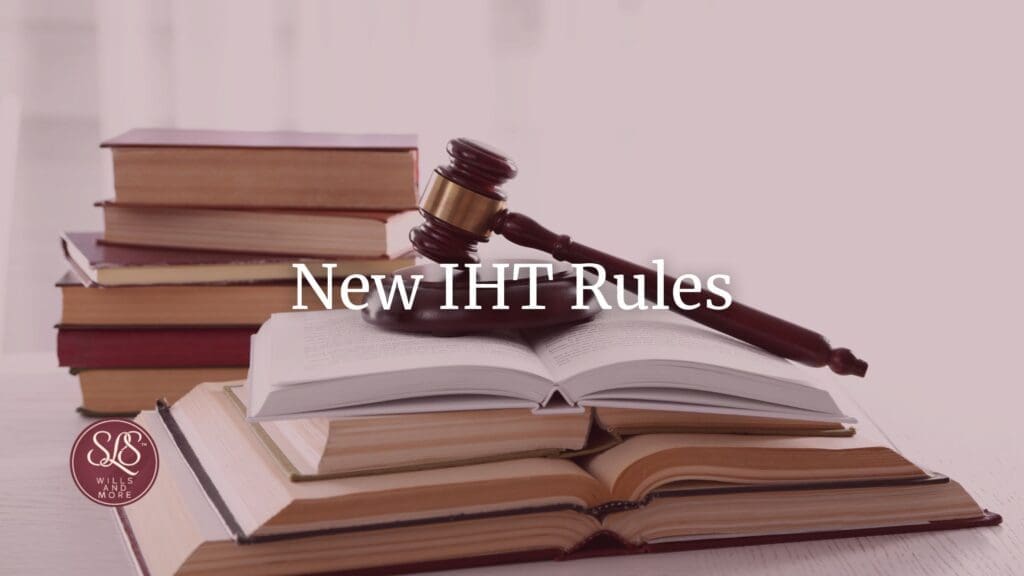How Upcoming Inheritance Tax Changes Could Affect Your Will (Including Pensions)
When the government makes tax changes, it’s rarely good news. In recent years, pensions have often been seen as a relatively safe and tax-efficient way to pass on wealth. However, from April 2027, that landscape is set to change. The Government has confirmed that pensions will be included in the taxable estate for Inheritance Tax (IHT) purposes when someone dies after the age of 75. This means more families could face unexpected tax bills, and those who thought they had their affairs in order may need to review their plans. What’s changing? Currently, if someone dies after the age of 75, the money left in their pension can still be passed on to beneficiaries. While the recipient may need to pay Income Tax when withdrawing funds, the value of the pension is not included in the deceased’s estate for IHT purposes. From April 2027, that will no longer be the case. Instead, the value of any untouched pension pots will count towards the total estate value and may be taxed at 40% if the total estate exceeds the IHT threshold. What does this mean for your Will? Although pensions are not passed on through your Will, they are a key part of your estate planning. If your pension pot is large or you have other assets that bring your estate close to the IHT threshold, you could end up unintentionally increasing the tax burden on your family. This makes it more important than ever to think about your overall legacy – not just what’s written in your Will. Practical steps to take Here are a few things to consider: 1. Review your pension nomination formsMake sure your pension provider has up-to-date details of who you would like to receive your pension. This is separate to your Will but just as vital. 2. Talk to a professional about trustsIn some cases, setting up a trust or making a lifetime gift may be more tax-efficient than relying solely on pension nominations. 3. Revisit your WillEven if your Will was written recently, this change could affect how much your loved ones receive. It’s worth booking a review to ensure everything still aligns with your wishes. 4. Think about charitable givingLeaving 10% or more of your estate to charity could reduce your overall IHT rate from 40% to 36%. If you were already considering a gift to charity, this might make it even more worthwhile. Don’t leave it too late At SLS Wills and More, we believe that estate planning should give you peace of mind, not hidden surprises. These upcoming changes mean now is a great time to review your affairs and make sure your wishes will be carried out in the most tax-efficient way. If you’d like to talk through your options, I’d be happy to help. You can book a free 20-minute call at a time that suits you, or simply get in touch for more information.















